The Reserve Bank of India (RBI) has taken strict measures against an unidentified card network for establishing an unauthorized payment system to facilitate commercial card payments. According to the RBI, this activity falls outside the legal framework outlined in the Payment and Settlement Systems (PSS) Act of 2007, which requires explicit authorization under Section 4.
In a statement released on Thursday, the RBI expressed its concerns regarding the card network’s payment arrangement, highlighting the lack of proper authorization. The regulator categorized the activity as “without legal sanction,” emphasizing the violation of the PSS Act. RBI did not disclose the specific card network involved in this unauthorized payment system.
The central bank pointed out that the card network had set up an arrangement where an intermediary accepted commercial card payments and subsequently remitted funds through Immediate Payment Service (IMPS), Real Time Gross Settlement (RTGS), or National Electronic Funds Transfer (NEFT) to non-card accepting recipients. This process, according to the RBI, qualifies as a payment system, requiring authorization that the card network failed to obtain.
The RBI’s scrutiny extended to various aspects of the unauthorized payment system. Firstly, it raised concerns about the pooling of large amounts of funds by the intermediary. The funds were deposited into an account that did not adhere to the designations specified under the PSS Act, further contributing to the regulatory violations.
Additionally, the processing of transactions within this arrangement did not comply with the RBI’s Master Direction on Know Your Customer (KYC). This oversight indicates a lack of adherence to the regulatory guidelines governing customer identification and verification processes, raising red flags for the central bank.
What sets this case apart is that the RBI emphasized that only one card network in the country had adopted such an arrangement. This singular occurrence highlights the uniqueness and potential risks associated with the unauthorized payment system. The RBI’s actions signal a stern stance against any deviation from established regulatory frameworks, particularly within the realm of payment systems.
Visa, one of the major international card networks, confirmed that it had received communication from the RBI regarding the suspension of services by commercial card payment providers. According to Visa’s spokesperson, the RBI’s directive, received on Thursday, Feb. 8, appeared to be part of an industry-wide request for information on the role of business payment solution providers (BPSPs) in commercial and business payments.
The communication from the RBI directed Visa to put all BPSP transactions on hold, indicating the seriousness with which the regulator views the situation. Visa did not provide details on the specific nature of its involvement or the potential impact on its operations but acknowledged compliance with the RBI’s instruction.
In conclusion, the RBI’s move to restrict the card network’s unauthorized payment system underscores the importance of regulatory compliance within the financial sector. The central bank’s concerns encompassed not only the lack of proper authorization but also raised issues related to fund pooling, designated accounts, and adherence to KYC norms. The specific card network involved remains undisclosed, leaving room for speculation within the industry. This incident serves as a stark reminder to financial entities about the critical need for obtaining proper authorization and ensuring strict adherence to regulatory guidelines in their operations.
Bringing you the latest updates on finance, economies, stocks, bonds, and more. Stay informed with timely insights.
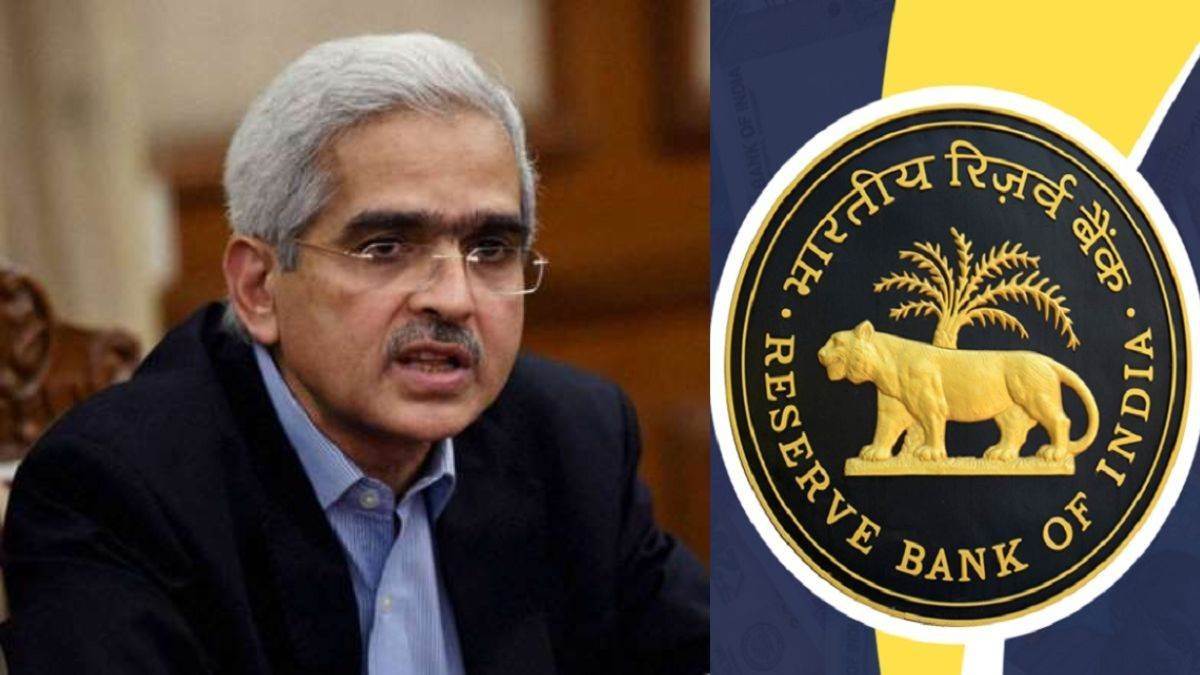











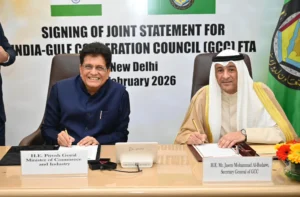

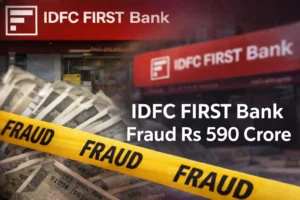





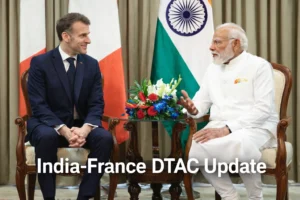
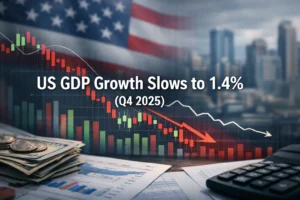
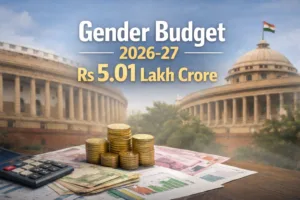
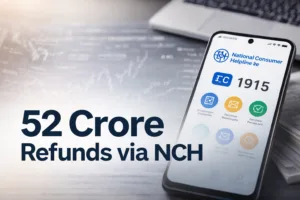

Be First to Comment